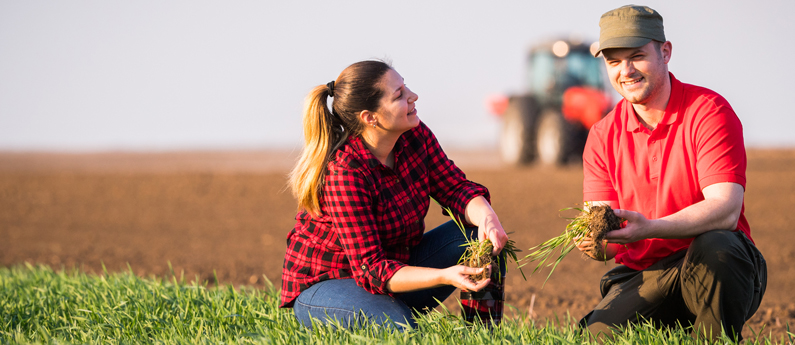“Good farmers, who take seriously their duties as stewards of Creation and of their land's inheritors, contribute to the welfare of society in more ways than society usually acknowledges, or even knows. These farmers produce valuable goods, of course; but they also conserve soil, they conserve water, they conserve wildlife, they conserve open space, they conserve scenery.”
― Wendell Berry, Bringing it to the Table: On Farming and Food
.jpg) October 12 is National Farmers Day, and we join in honoring those who grow our food and take care of our earth by highlighting one of our favorite local farmers, Verne Fallstrom. Verne runs Strawberry Hill Nutrition Farm on Green Bluff, an area of small family farms in Eastern Washington.
October 12 is National Farmers Day, and we join in honoring those who grow our food and take care of our earth by highlighting one of our favorite local farmers, Verne Fallstrom. Verne runs Strawberry Hill Nutrition Farm on Green Bluff, an area of small family farms in Eastern Washington.
Verne introduced us to the concept of nutrition farming when we visited his operation back in 2010.
Unlike an organic farm where some types of pesticide applications are acceptable, on a nutrition farm like Strawberry Hill, the farmer doesn’t spray for pest insects at all. Instead, he concentrates on the soil – ensuring it has the right biological balance of nutrients and minerals to keep the plants healthy, which in turn keeps the pests away. Consider it ‘preventive medicine’ for the crops.
When a plant is sick or stressed, it attracts the pest insects and disease that cause most to reach for a spray. Instead of treating the symptom in that manner, Verne believes that the farmer’s goal should be to find out what made the plant sick. It can be a lack of water or sun, a deficiency of nutrients in the soil, or a nearby plant that produces chemicals in its roots that have an antagonistic effect. It’s not a quick fix, but identifying the problem and correcting it leads to healthy plants, which eliminates the need for any spraying or chemical fertilizing.
Verne has nutritional farming down to a science – literally. He says it’s all about biology. Microbes, compost tea and companion planting are the tools and tricks of his trade.
Verne is also big on beneficial insects such as lacewings, which eat aphids; and honeybees, which pollinate the plants. Since RESCUE! products don’t harm beneficial insects, our insect traps enhance what Verne is striving to accomplish on the farm.
Verne’s farm has been a testing site for our field scientists for years. While crop pests are under control at his location, Verne still has plenty of other insect enemies. Flies are naturally drawn to areas like his coop for chickens and guinea hens. Paper wasps build nests in his greenhouse and blackberry patches. And yellowackets will try to attack his honeybee hives.
Our ongoing experiments at Strawberry Hill help us improve upon our existing products and develop new ones that can help not only farmers like Verne, but anyone wishing to manage pest insects responsibly.
Where to find environmentally-responsible RESCUE! insect traps.
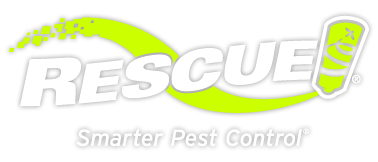

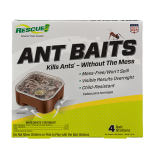 Ant Baits
Ant Baits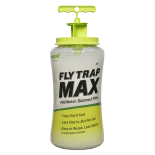 Fly Trap Max
Fly Trap Max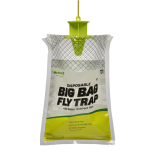 Fly Trap, Big Bag
Fly Trap, Big Bag 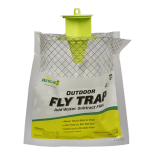 Fly Trap, Disposable
Fly Trap, Disposable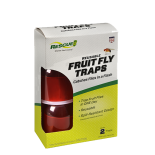 Fly Trap, Fruit Fly
Fly Trap, Fruit Fly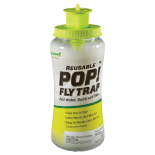 Fly Trap, POP! Fly
Fly Trap, POP! Fly 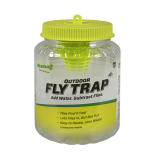 Fly Trap, Reusable
Fly Trap, Reusable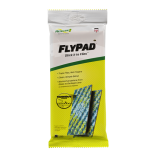 FlyPad
FlyPad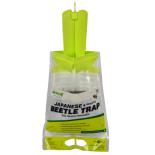 Japanese & Oriental Beetle Trap
Japanese & Oriental Beetle Trap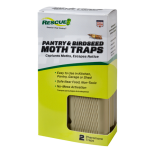 Pantry & Birdseed Moth Trap
Pantry & Birdseed Moth Trap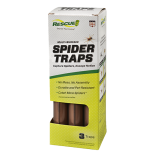 Spider Trap
Spider Trap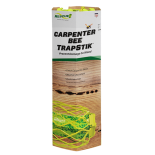 TrapStik, Carpenter Bee
TrapStik, Carpenter Bee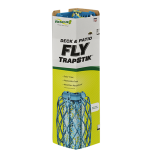 TrapStik, Deck & Patio Fly
TrapStik, Deck & Patio Fly 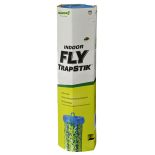 TrapStik, Indoor Fly
TrapStik, Indoor Fly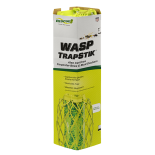 TrapStik, Wasp
TrapStik, Wasp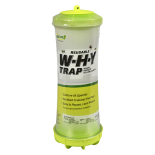 W·H·Y Trap for Wasps, Hornets & Yellowjackets
W·H·Y Trap for Wasps, Hornets & Yellowjackets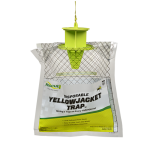 Yellowjacket Trap, Disposable
Yellowjacket Trap, Disposable 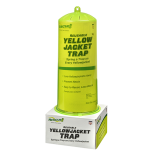 Yellowjacket Trap, Reusable
Yellowjacket Trap, Reusable 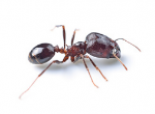 Ants
Ants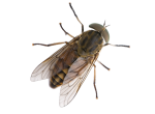 Biting Flies
Biting Flies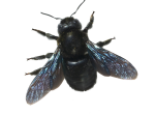 Carpenter Bees
Carpenter Bees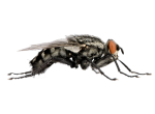 Flies
Flies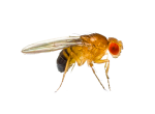 Fruit Flies
Fruit Flies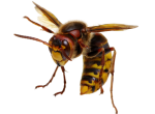 Hornets
Hornets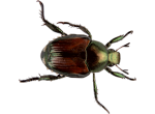 Japanese Beetles
Japanese Beetles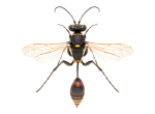 Mud Daubers
Mud Daubers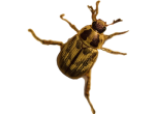 Oriental Beetles
Oriental Beetles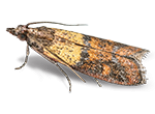 Pantry & Birdseed Moths
Pantry & Birdseed Moths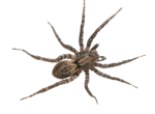 Spiders
Spiders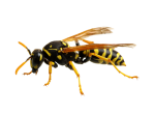 Wasps
Wasps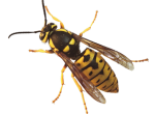 Yellowjackets
Yellowjackets